Zinc is one of the essential micronutrients for plant growth and development. It is necessary for the synthesis of enzymes, proteins and plant hormones. It also helps plants resist environmental stresses such as drought and cold temperatures. However, not all soils have adequate amounts of zinc available for plants to use.
In this article, we will explore some biological techniques for add zinc to the soil and improve plant health.
What happens if I grow an organic garden on zinc-poor soil?
The lack of zinc in the soil can have negative effects on plant health and the productivity of the organic garden. In fact, zinc is an essential micronutrient for plants, as it is involved in various metabolic processes, such as photosynthesis, root growth and protein synthesis. Therefore, a lack of zinc in the soil can lead to a number of problems, such as:
- A reduced growth and stunted development of plants, with the formation of yellow leaves and a decrease in the overall number of leaves.
- Poor production of fruit or vegetables.
- Increased susceptibility to disease and infection, as zinc is involved in strengthening the immune system of plants.
Add zinc to the soil
To overcome these problems, zinc can be added to the soil through the use of organic and natural fertilizersas compost, manure And rock flour containing zinc and other elements, such as phosphorus, magnesium, potassium etc. Furthermore, it is possible to use sustainable cultivation techniques, such as crop rotation, land cover and the use of efficient irrigation techniques, to improve soil and plant health. Finally, it is important to constantly monitor the health of the plants and the quality of the soil, to prevent any problems related to the lack of other nutrients.
Add zinc to the soil using leaf compost
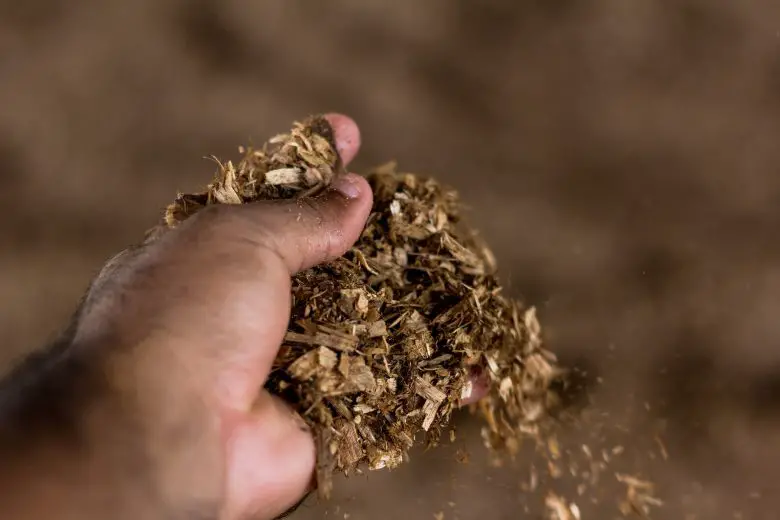
Among the different types of compost that can be used to fertilize the soil, the one made with leaves alone is an excellent source of zinc for the soil. In fact, the dry leaves contain about 0.05% zinc. You can compost leaves collected from your garden during clearing and pruning operations, or buy leaf compost from a reputable supplier. You can add leaf compost to the soil once a year as a top dressing using the digging technique to improve compost and soil to provide plants with a slow-release source of zinc.
How to make leaf compost?
To make leaf compost, there are several options depending on the amount of leaves you have available and the space available. Here is a basic guide to making leaf compost:
- Gather dry leaves from your garden or other green spaces. Be sure to avoid leaves that may contain pesticides or other chemicals.
- To speed up the composting process, shred the leaves with a lawn mower or chopper. This helps create more surface area for microorganisms to operate.
- Place the leaves in a mound in a corner of your garden or in a composter. Make sure the location is well drained and the leaves are in a shaded area.
- Add water to the leaves to maintain moisture and the decomposition process. However, do not add too much water which may cause excess moisture.
- To aid the decomposition process, it’s important to make sure your leaf compost has enough air. You can turn the leaves occasionally or pierce the mound to ensure good aeration.
- The composting time depends on the environmental conditions and the volume of leaves. Typically, leaf composting takes six to twelve months.
After the leaf compost is completely decomposed, you can use it as a fertilizer for the soil. Leaf compost is rich in nutrients such as carbon, nitrogen and especially zinc, which improve soil fertility and plant health. Bottom line, leaf compost is a great way to add nutrients like zinc to your soil in a biological way. With a little patience and care, you can make leaf compost at home and improve the health of your garden.
Add zinc to the soil using rock meal
Rock dusts are an important source of mineral nutrients, including zinc, which can be added to soil to improve its fertility. Rock dusts are made from coarse debris that has been crushed and pulverized. Rock flour can be added to the soil in varying amounts depending on the composition of the earth.
Which rock flour contains the most zinc?
The amount of zinc in a rock flour depends on the type of rock it is made from. In general, sedimentary rocks such as dolomite, calcite and gypsum have a higher concentration of zinc than igneous rocks such as granite and basalt. However, the amount of zinc in a rock flour can vary even within the same rock type, based on the geographic location where the rock is mined.
Additionally, the amount of zinc available to plants can also vary based on the chemical form of zinc present in the rock flour. For example, zinc can be present as an oxide, sulfate, carbonate or silicate, and its availability to plants varies based on the chemical form.
So, to know which rock flour contains the most zinc, it is important to know its chemical composition and the amount of zinc available to plants. Before using rock flour to improve soil fertility, it is important to have the soil and rock flour analyzed by a specialized laboratory to understand the amount of zinc needed and if the rock flour is suitable for the needs of the soil and cultivated plants.
Add zinc to the soil using animal manure
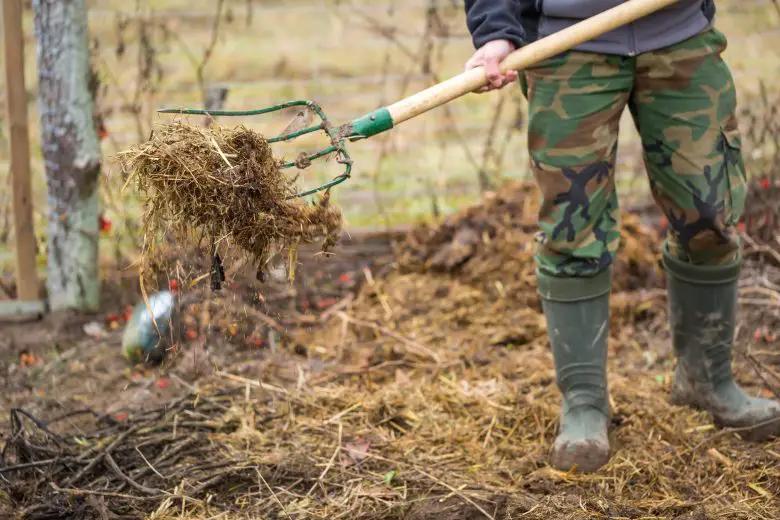
Animal manure is an excellent source of soil nutrients, including zinc. Hen manure, also known as poultry manure, in particular, contains a significant amount of zinc. However, it is important to remember that animal manure must be very mature before use to avoid the accumulation of pathogens. Composting also increases the availability of zinc for plants. You can apply animal manure compost to the soil once a year to provide plants with a source of zinc.
What animal manure is recommended to add zinc to the earth?
Animal manure is a valuable nutrient source for soil fertilization, and different types of manure contain varying amounts of zinc. Among the manures of animal origin normally used in organic farming, in addition to poultry manure, those from ruminant animals such as cattle, sheep and goats are considered good sources of zinc, as these animals absorb large quantities of zinc from their food and concentrate it in the their manure.
In particular, cattle manure is considered one of the richest sources of zinc among animal manure. According to a study conducted in Italy on various sources of manure, cattle manure has an average zinc concentration of about 40-60 mg/kg of dry matter.
However, it is important to keep in mind that the amount of zinc present also depends on the animals’ diet and manure management practices. For example, animals fed with feed enriched with zinc can produce manure richer in this element. This is why it is important that the farms we source from are organic, since intensive nutrition can lead to a excess of this element in the soil.
To use manure as a fertilizer to add zinc to the soil, it is important to apply it in the correct quantities and methods, avoiding overdosing which can cause environmental and plant health problems. It is advisable to have the soil and manure analyzed by a specialized laboratory to understand the amount of zinc needed and to avoid the risk of contamination or negative impacts on the health of the soil and plants.
Add zinc to the soil using soil microorganisms
Soil microorganisms, such as i mycorrhizal fungi, can help make zinc available to plants. Mycorrhizal fungi form a symbiotic relationship with plant roots. In exchange for the plant’s photosynthesis, these fungi supply the plant with minerals such as zinc. They occur naturally in soil, but can also be added to soil via inoculation.
Where are mycorrhizal fungi found and how to apply them to soil?
Mycorrhizal fungi occur naturally in many soil types and develop symbiotically with plant roots, forming a mutualistic symbiosis in which the fungi provide plants with nutrients such as phosphorus, nitrogen and other micronutrients, including zinc, in exchange. of carbohydrates produced by plants. To add zinc to the medium through these microorganisms, it is possible to purchase specific products on the market containing spores or colonies of mycorrhizal fungi, which are technically called mycorrhizae.
The application of mycorrhizas on the ground can be done in different ways, depending on the type of product used and the needs of the plants. For example, some products are formulated to be mixed into the soil during seedbed or transplant preparation, while others can be applied directly to plant roots, by irrigation or by spraying onto foliage.
For successful application of mycorrhizal fungi, it is important to follow the manufacturer’s instructions carefully and be careful not to damage the plant roots during application. Furthermore, it is important to choose quality products suitable for the needs of the plants and the soil, avoiding overdosing or using untested products or products of unknown origin.
Finally, it is important to remember that the use of mycorrhizal fungi to add zinc to the soil is only one possible solution to improve soil fertility and plant health, and must be integrated with other soil management practices, such as crop rotation, organic fertilization and the use of sustainable cultivation techniques.
What happens if I add too much zinc to a soil that I want to grow organically?
Always remember that in agriculture, and not only that, too much is never a good thing. Adding too much zinc to the soil, therefore, can have negative effects on plant health and the surrounding environment, even if organic farming methods are used. The effects depend on the quantity added, the chemical form of the element, the type of soil and the characteristics of the cultivated plant. In particular, excess zinc in the soil can:
- Interfere with the uptake of other micronutrients by plants, such as iron, manganese and copper, limiting plant growth and development.
- Cause phytotoxicity, i.e. damage to plants, such as chlorosis, necrosis, reduced growth and productivity, and in extreme cases, plant death.
- Increase the risk of soil and water contamination, as the element can accumulate in the soil and reach groundwater or surface water.
How to avoid the negative effects of an excess of zinc in the soil?
To avoid the negative effects of an excess of zinc added to the growing medium, it is important to avoid overdosing the soil and to constantly monitor plant health and soil quality. Before adding any fertilizer or amendment to the soil, it is advisable to have the soil analyzed by a specialized laboratory to understand its chemical characteristics and the presence of any contaminants.
Furthermore, it is important to use fertilizers and soil conditioners of natural origin, such as compost, manure and rock flour, to minimize the risk of toxic substances accumulating in the soil and plants. Finally, it is important to adopt sustainable land management practices, such as crop rotation, land cover and the use of efficient irrigation techniques, to reduce the environmental impact of agriculture.

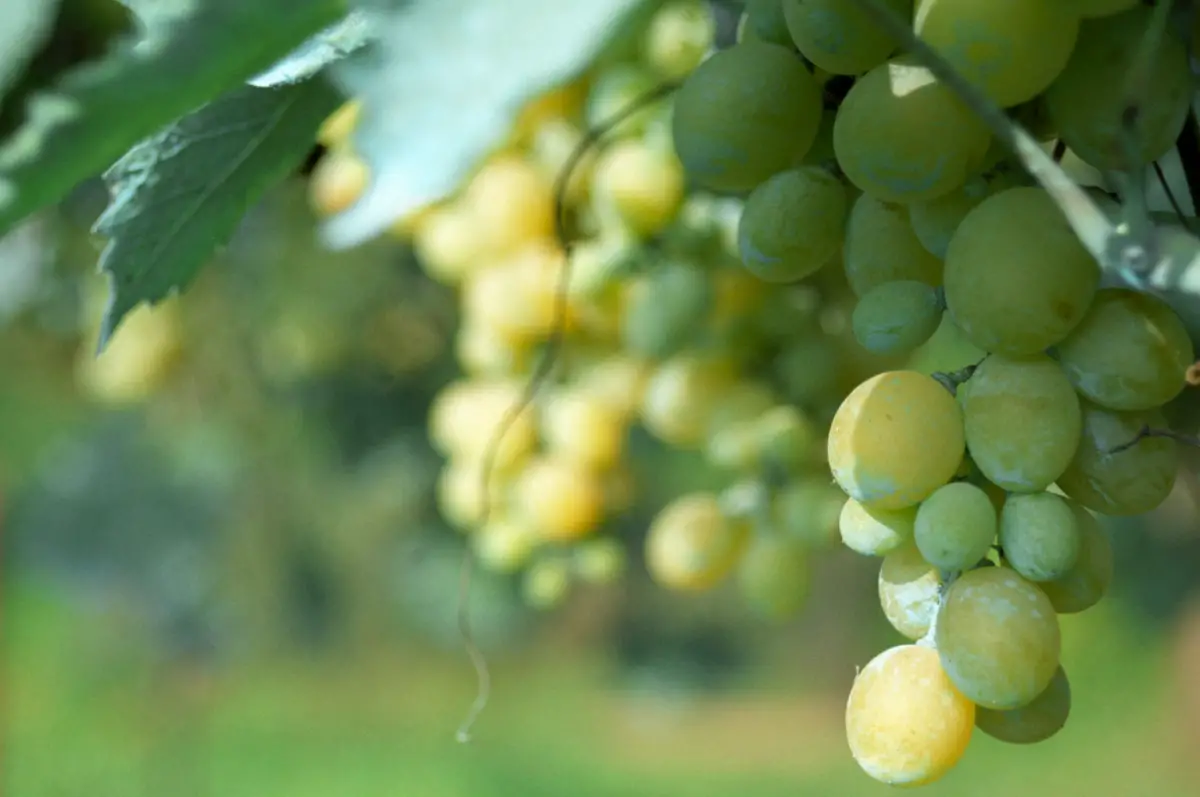

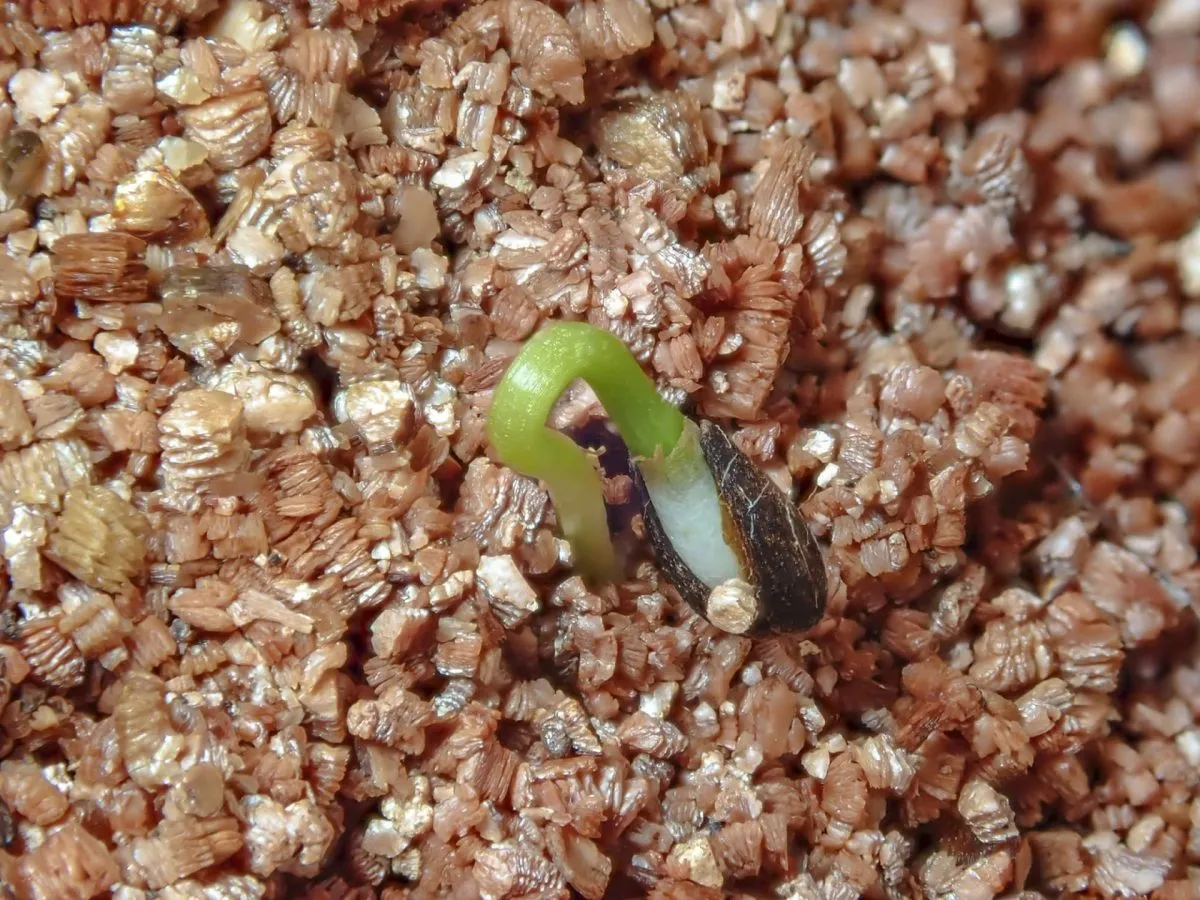
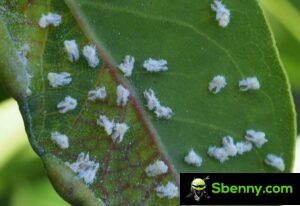
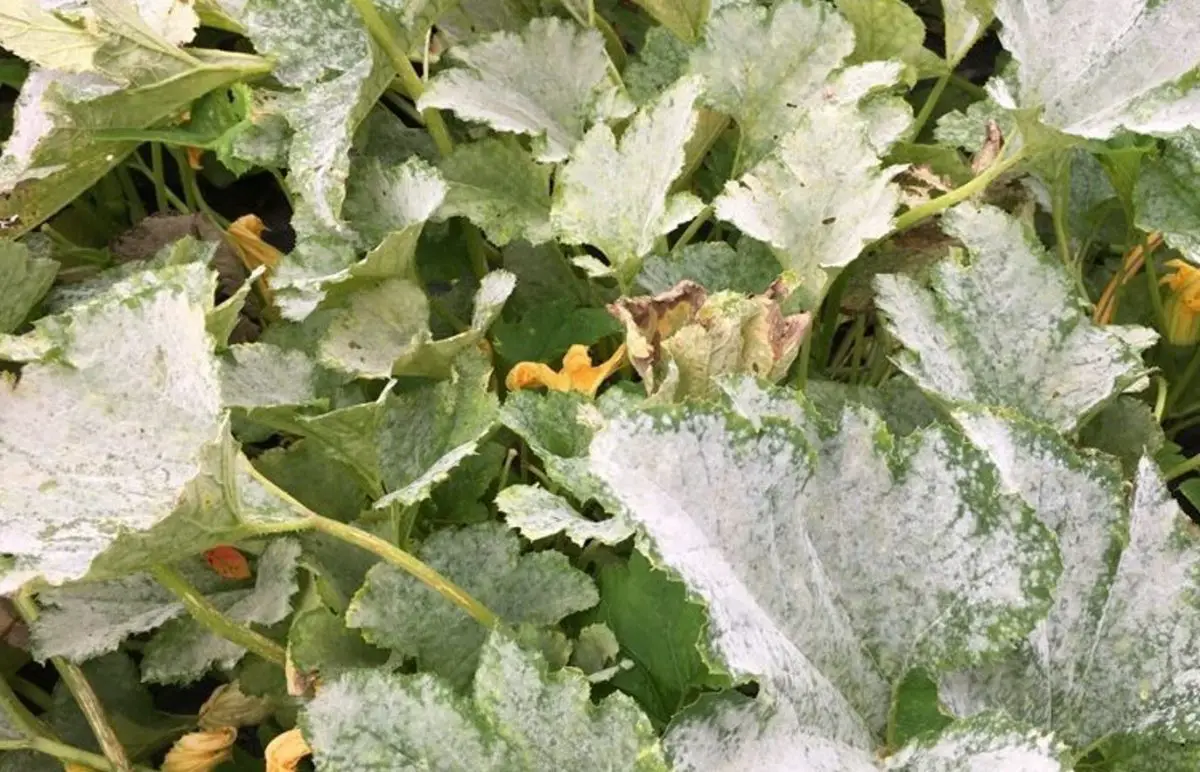
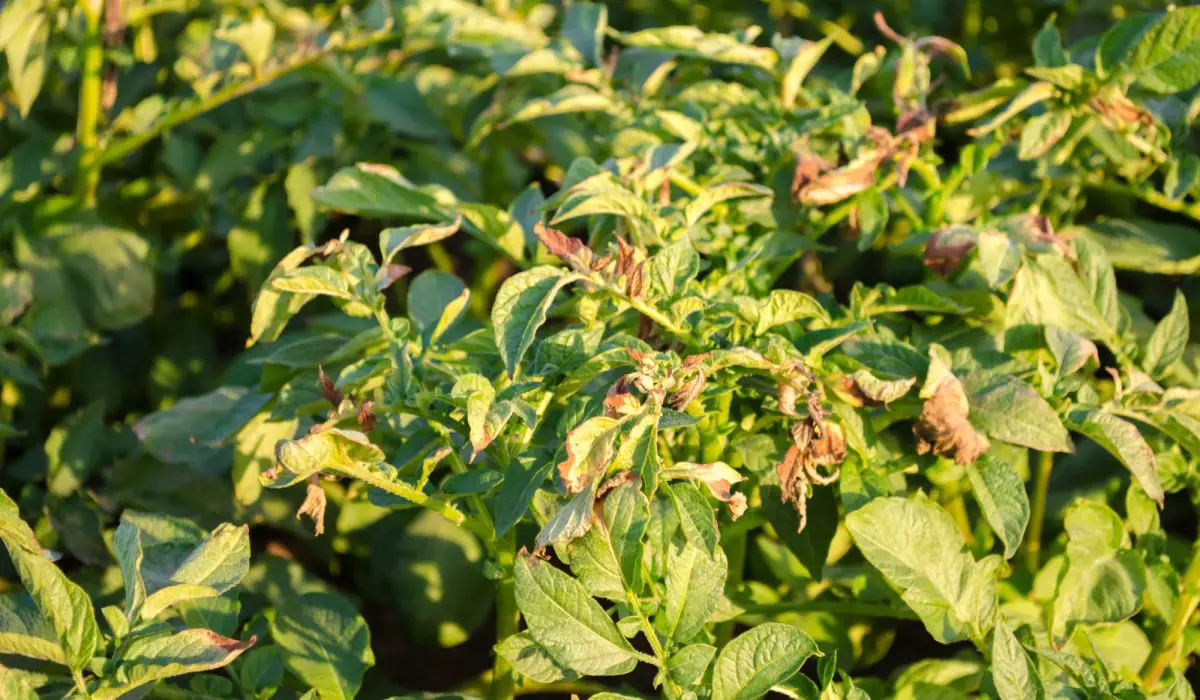
Start a new Thread